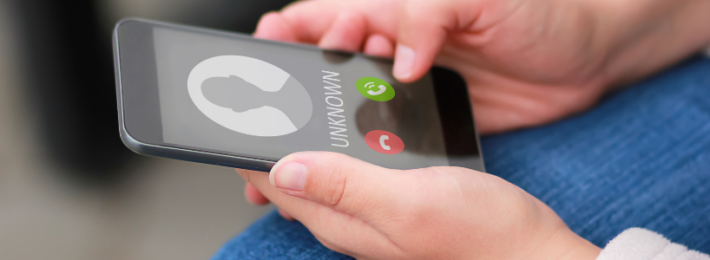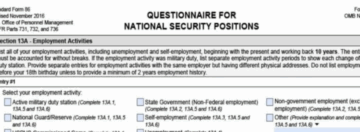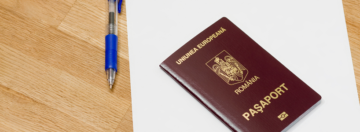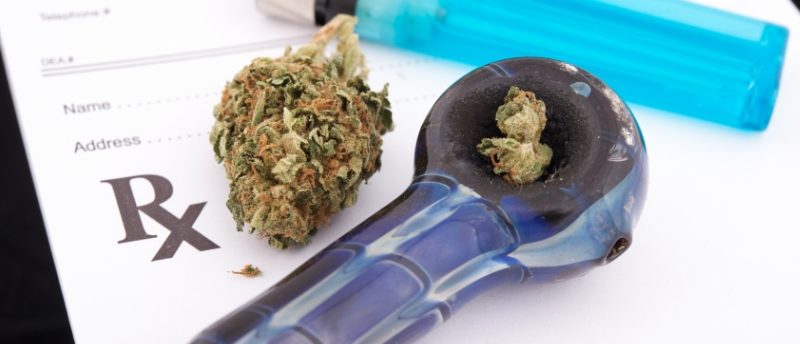Pros and Cons of Telephone vs In-Person Interviews

Two years ago, all national security background investigations that required an applicant or source interview were done in-person by a background investigator. Only in extreme circumstances (e.g., deployed, geographically challenging to be cost effective, or hospitalization) were telephonic or video interviews allowed. Fast forward to March 2020, now most interviews are getting done via telephone or video chat. This, of course, is much more efficient than having an investigator hop into his car and drive miles to some location to do the interview, then drive back home and write up the report. The investigators also have more time to do more interviews. More interviews in less time means getting the investigation closed faster. Sounds like a good thing, right?
The flip side to this is the human factor. Some would argue that an in-person interview is much better to flesh out potential issues or to coax additional information out of an applicant or source. It is easier to be evasive and deceitful when you are not sitting in front of an investigator who is looking at your eyes, listening to your tone of voice, observing any nervous twitches, and maybe keying in on other micro facial expressions. Also, some interviewees may feel less intimidated of the authority of the background investigator and thus be less inclined to cooperate or volunteer information.
I have talked to a few active background investigators about this to get their take on the whole phone/video versus in-person interview and got mixed results. However, more than not said they enjoy not having windshield time and the hassle of getting into facilities and are generally more productive working from home. Some do acknowledge that a few applicants try to pull the “I don’t have to answer your questions” routine, but when told by the investigator its no skin off their back; they will just send the report in exactly like it is with issues unresolved then the applicant becomes more cooperative. If you want to chime in your thoughts on this go to the blog site and look for this topic.



As an applicant, I personally prefer in-person interviews.
Would I have a choice for my re-investigation to request an in-person interview ?
Subjects engage in more cat and mouse behavior via video. There is something to be said about occupying the physical space in front of a Subject.
Phone and video are here to stay, Im sure. There is just too much money to be saved.
I think it may have to do with agency and/or clearance level as well.
A couple of years ago I was contacted at work from an investigator who was investigating a friend/colleague of mine who was put in to get upgraded to TS (DoD agency, non-IC). I was one of his references on his SF-86. The interview was done completely over the phone and lasted maybe 5 minutes.
Last year, I was put in for TS/SCI from an IC agency that I accepted a CJO from. The investigator drove 3 hours from where he was based to come on the installation I currently work at to interview me and 5 of my references. He was able to get on the main part of base by himself but I had to escort him into my building and reserve conference rooms so he could interview each of us privately in person.
I would like to have a full tool box. There are many times i review a case and wish the interview would be done in person. Many times I am glad for the video interview/phone option. Not every Subject needs the bright lights and warm room to complete their investigation.
Also, my org covers large parts of three states and two time zones (yes, just my org, not just my team). Driving three hours one way and hoping to find an interview location for a minor in possession or financial issues is silly when the interview can be completed just as well as by video. The developed felony or disqualifying mental health diagnosis should be done in person.
Just let me have a range of tools, please…
I had a phone interview last year it went just fine. The biggest problem I had was that the interviewer didn’t have a way of presenting their credentials to me. I was going to ask they email or text a phot but they said that I really needed to see those than it would have to be in person.
We are not allowed to photocopy or take pictures of our federal identification or credentials - actually no one is allowed for any federal identification because of federal laws.
Here are three choices. It is up to your comfort level.
You can verify your DCSA investigator through a verification process by either a phone call or an email. Google “how do i verify a DCSA investigator” for the number and email.
You can also ask the investigator for information not generally known from your SCA - I offer this to my Subjects when we have to use the phone instead of video. I’ve had Subjects ask where they lived in a certain period to who are the three listed references.
You can decline the telephone interview and wait until we are allowed back into the field.
Agency…
Yes…but depending on the agency it might take a very long time to happen.
Phone interviews are definitely easier for investigators. I’m just not sure that the customer is getting the best investigative product when an entire investigation is completed by phone. Subjects have consistently treated their Sf-86 information and the entire investigative process as somewhat of a farcical routine. Now, with everything by phone the entire process has just been downgraded even more. Subject’s and Sources have every excuse an opportunity to take advantage of the impersonal nature of the phone. We have no idea what they are really doing on the other end of the phone call. I am often quite certain Subject’s aren’t really listening to the question being asked (because they are actively doing something else) just answering the questions the way they know they should be answered.
As a person who was recently interviewed over the phone as a reference, I can share something that will come as no surprise: I was easily distracted during the phone call by stuff going around in the office… and yes, looking at the computer, checking email, all that stuff.
I think I had to repeat or rephrase a couple of answers because of the limitations of doing this over the phone.
Used to be the company security office would set the investigator up with an office or conference room and we’d meet one-on-one. That way I did not have any distractions… and neither did the investigator.
Like I say, I dont expect anyone will be surprised by this but thought I’d chime in.